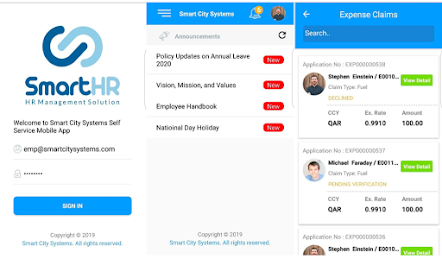What is a Cybersecurity Audit and Why is it Important?
In today's interconnected digital landscape, where data is the new currency and cyber threats lurk around every virtual corner, ensuring the robustness of your organization's cybersecurity measures is paramount. One indispensable tool in this arsenal is the cybersecurity audit. In this blog post, we'll delve into the intricacies of what a cybersecurity audit entails and why it stands as a cornerstone in safeguarding your digital fortress.
What is a Cybersecurity Audit?
A cybersecurity audit is a systematic and comprehensive examination of an organization's information systems, security policies, and practices. It goes beyond the surface level to assess the effectiveness of existing security measures, identifying vulnerabilities, and ensuring compliance with regulatory standards. Essentially, it's a diagnostic tool that helps organizations gauge the strength of their cybersecurity posture.
Key Components of a Cybersecurity Audit:
1. Risk Assessment: A cybersecurity audit begins with a thorough risk assessment. This involves identifying potential threats, vulnerabilities, and the possible impact of a security breach. Understanding these elements is crucial for tailoring security measures to specific risks.
2. Policy and Compliance Review: Auditors scrutinize existing cybersecurity policies and practices to ensure alignment with industry standards and regulatory requirements. Compliance with frameworks such as GDPR, HIPAA, or ISO 27001 is crucial for avoiding legal repercussions and maintaining trust with stakeholders.
3. Network Security Evaluation: The audit assesses the integrity of an organization's network architecture. This includes analyzing firewalls, encryption protocols, and access controls to ensure that unauthorized access is prevented, and data remains confidential.
4. Data Protection Measures: Protection of sensitive data is a cornerstone of cybersecurity. The audit examines how data is collected, stored, processed, and shared to ensure that adequate safeguards are in place to protect against data breaches.
5. Incident Response Planning: A cybersecurity audit evaluates an organization's preparedness for a security incident. This includes reviewing incident response plans, ensuring that teams are trained, and conducting simulated exercises to test the efficacy of these plans.
Why is a Cybersecurity Audit Important?
1. Proactive Risk Management: By regularly conducting cybersecurity audits, organizations can proactively identify and mitigate potential risks before they escalate into serious security incidents. This proactive approach is essential in today's dynamic threat landscape.
2. Compliance and Legal Obligations: Meeting regulatory standards is not only a legal requirement but also builds trust with customers and partners. Cybersecurity audits ensure that an organization remains compliant with industry regulations, avoiding hefty fines and legal consequences.
3. Protecting Reputation: A successful cyber attack can tarnish an organization's reputation. By regularly auditing cybersecurity measures, companies demonstrate their commitment to protecting customer data, which can enhance trust and maintain a positive public image.
4. Continuous Improvement: Cyber threats evolve, and so should cybersecurity measures. Regular audits provide valuable insights that enable organizations to continually improve their security posture, adapting to new threats and technologies.
In the ever-evolving landscape of cyber threats, a cybersecurity audit is not just a best practice; it's a necessity. It's a proactive measure that helps organizations stay one step ahead of potential threats, safeguard sensitive data, and ensure compliance with regulatory standards. In investing in a cybersecurity audit, organizations invest in the longevity of their digital presence and the trust of their stakeholders.
At Smart CitySystems, we have a team of experts that are knowledgeable about the challenges and threats faced by organizations. They have the technical know-how to also help you carry out the internal audits in Dubai.




Comments
Post a Comment